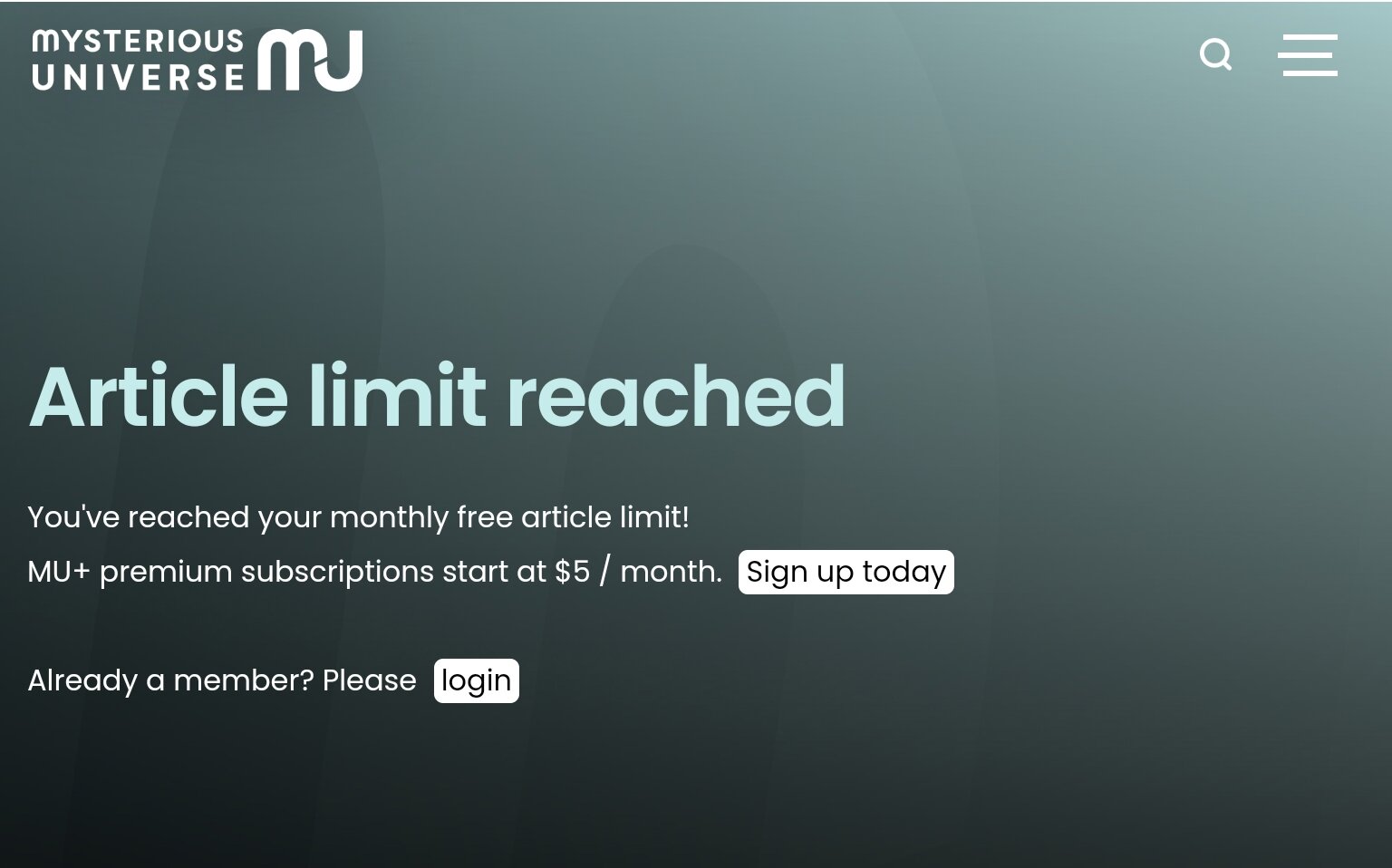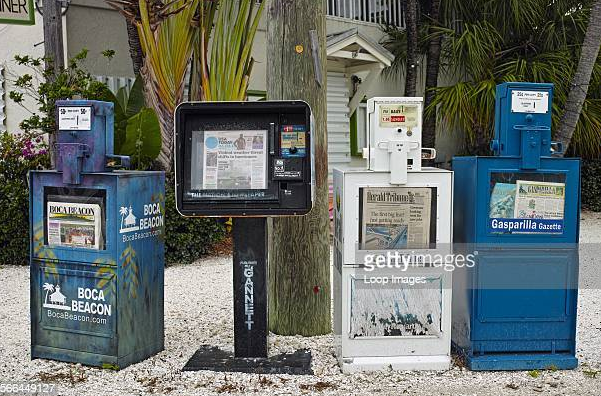wwkirk
Divine
Almost daily I'll read something interesting which in turn links to a news and/or opinion site, which, more often than not, is behind a paywall. This is irrelevant if you still have limited free access for the month. But after that, one has to jump through hoops to get access to the material. Most of the time, switching on VPN while utilizing a different browser will work. But not for the NY Times.
Even by switching to a different laptop I was unable to spoof the NY Times! But I think I've figured out their secret. If you're ever denied limited access to their content, don't reuse a link that failed in another browser. I think they embed identifiers in their URLs, so it is necessary to retrieve a fresh URL using a new browser operating under VPN.
Obviously, none of this will work if the site in question is 100% paid access. But that leads to my puzzlement: When it comes to getting messages out, or expressing opinions, isn't it best to make them easy to access? What good is expressing an opinion only a limited number will get to hear it?
A related irritation involves sites with a mix of free and pay-only access. That's not a problem in and of itself, but certain sites think it clever to not label the pay-only content, so you wind up futilely clicking on it, over and over again. They may imagine this will seduce people into subscribing, but it my case I almost never go those sites anymore!
To me, a better strategy would be to make your online product so appealing that people will want to support you by subscribing. Especially, when it comes to opinions, a generous free access policy might be the best way to entice people who respect your opinions to subscribe.
Even by switching to a different laptop I was unable to spoof the NY Times! But I think I've figured out their secret. If you're ever denied limited access to their content, don't reuse a link that failed in another browser. I think they embed identifiers in their URLs, so it is necessary to retrieve a fresh URL using a new browser operating under VPN.
Obviously, none of this will work if the site in question is 100% paid access. But that leads to my puzzlement: When it comes to getting messages out, or expressing opinions, isn't it best to make them easy to access? What good is expressing an opinion only a limited number will get to hear it?
A related irritation involves sites with a mix of free and pay-only access. That's not a problem in and of itself, but certain sites think it clever to not label the pay-only content, so you wind up futilely clicking on it, over and over again. They may imagine this will seduce people into subscribing, but it my case I almost never go those sites anymore!
To me, a better strategy would be to make your online product so appealing that people will want to support you by subscribing. Especially, when it comes to opinions, a generous free access policy might be the best way to entice people who respect your opinions to subscribe.


